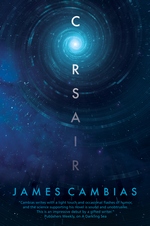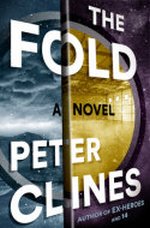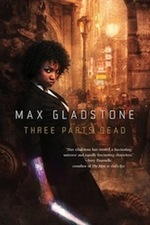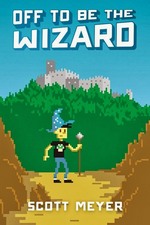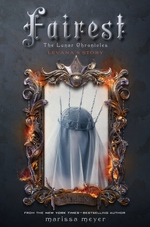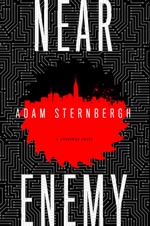 Spell or High Water
Spell or High Water
by Scott Meyer
Series: Magic 2.0, #2
Kindle, 443 pg.
47North, 2014
Read: August 1 – 7, 2015

“It was an act of stubbornness, not intelligence.” Vic nodded . “Sadly, I find that stubbornness often beats intelligence eventually. Stubbornness will beat anything eventually. That’s the whole point of stubbornness.” Martin didn’t like that idea. He agreed with it, but he did not like it.
This was not as impressive or surprising (or even funny, despite bits like the above) as Off to Be the Wizard. But it was probably a better novel. It’s not as fun, but it’s a better quality read.
It’s been a couple of months since Philip assumed the leadership of the wizards in Medieval England, and he’s getting bored. When the invitation to a summit of all the magic users in the world comes, he and Martin agree to represent their group. The women of Atlantis are the organizers, and they bring 2 of every group — all over the world and from all sorts of times. Turns out a lot of people have figured out how to tap into the computer program, and they’ve come up with unique ways of interacting with it. The summit is to come up with some rules to govern the use of magic (or whatever the groups call it) and how to stop/punish people like Jimmy (more on him in a bit) who abuse it. Before they can get into the meat of the summit, these two have to deal with a murder mystery, political intrigue, romance, romantic problems, and questions of free will/determinism (because who doesn’t think that sounds fun?).
Naturally, there’s a heckuva surprise waiting for them when they get back. But that’s not for me to get into.
Atlantis is run by sorceresses, and is really the only place on Earth (throughout history) that they’ve felt safe and comfortable — which is a pretty big indictment of the rest of the world, really. This is not to say it’s the land of the Amazons or anything — there are plenty of men around. Someone has to do the non-magical work around the city, right? The male culture that has arisen is the source of plenty of cheap jokes as well as a little cultural criticism for Meyer. Atlantis as a whole — the city and how it’s made, the political structures, the male/female roles, the culture — this is the best thing that this book has to offer. Meyer really had to put the thinking cap on to come up with this — and to keep it entertaining.
I realize the previous book ended with a strong indication that the vanquished foe wasn’t down for the count. But I’d hoped that we wouldn’t see too much of him anytime soon. So much for that. Jimmy, the Wizard formerly known as Merlin, was around for a major role in this book. A larger role, really, than he played last time. Now, I didn’t really like Jimmy as a character — I know we’re not supposed to “like” him because he’s the bad guy, but that’s not what I mean. As a character, he was okay enough for one book (especially a book focused on introducing us to the other characters and world), but I didn’t want/need more of him. I’m still not crazy about him, even after the events of this book that make him a better rounded character.
There’s probably fewer jokes per inch here than in its predecessor. But those that are there were solid, the voice of the narration is light and humorous enough that you don’t miss jokes. I’m not saying there aren’t jokes — there are entire scenes that are little more than extended jokes (most of them worth it). Like its predecessor, there are bits of this book that are just great, are worth going through the whole book for, even if the book isn’t your thing. For example, the conversation that Martin has with Gilbert and Sid, who are magic users who make a living doing stage magic. That conversation hits a sweet spot for me that little else can. You may not react that way to that conversation, but there’ll be similar moments for you (that don’t work that way for me). Actually, almost every conversation between Gilbert, Sid and Martin are pretty good, particularly where the former two explain to Martin why they don’t get along.
It’s the same world as Off to Be — same kooky guys, unique magic system and plenty of chuckles; but with a richer, better developed plot, and a more expanded world. Fans of the first will definitely want to check this one out.
And, hey, learning who it was on the grassy knoll? You can’t pass that up.
—–





